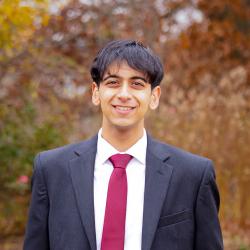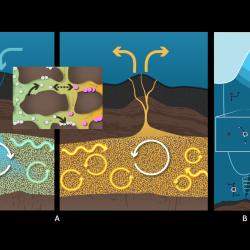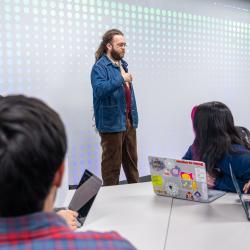Speakers Announced for College’s 2025 Graduate Commencement Ceremony
Alum Debanjan Saha (M.S. '93, Ph.D. '95, computer science), CEO of DataRobot, will be the keynote speaker at the University of Maryland's College of Computer, Mathematical, and Natural Sciences 2025 Graduate Commencement Ceremony on May 21, 2025. Astronomy Ph.D. graduate Gabriel Grell and data science M.S. graduate Teddy Thomas were selected as the student speakers for the ceremony. The ceremony will honor the college's August 2024, December 2024 and May 2025 graduates receiving doctoral and master's degrees and graduate certificates.
Debanjan Saha
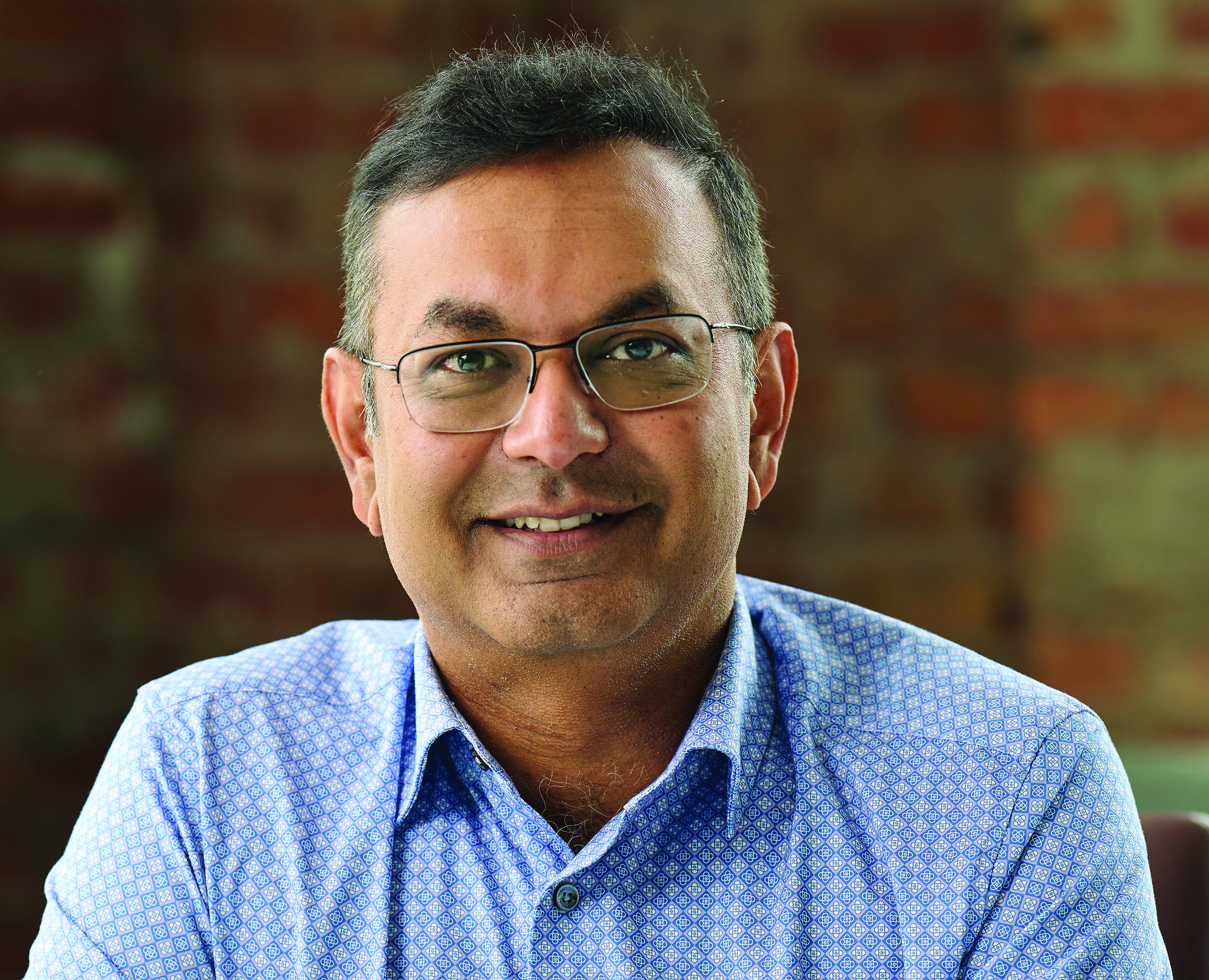
Debanjan Saha (M.S. ’93, Ph.D. ’95, computer science) is a proud Terp, a lifelong innovator and CEO of DataRobot—a pioneer on a mission to make artificial intelligence (AI) accessible to everyone and help organizations solve real-world problems in a safe and responsible way.
Over the course of his career, Saha has held senior executive leadership roles at some of the world’s most influential technology companies, including Google and Amazon. At Amazon Web Services (AWS), he was a founding leader of Amazon Aurora—a breakthrough cloud database that became the fastest-growing service in AWS history and a multibillion-dollar product, powering everything from startups to Fortune 500 companies. At Google, he led the team behind BigQuery—a platform now central to how global enterprises analyze data, make decisions and innovate at scale.
Saha’s path to becoming a CEO began at the University of Maryland, where he learned to ask hard questions, chase bold ideas and build with purpose. A recognized leader in the field, Debanjan is an IEEE Fellow and an ACM Distinguished Member and holds more than 50 patent applications.
At DataRobot, Saha is focused on a future where AI isn’t just for tech giants—it’s for anyone with a problem to solve and the passion to solve it. He believes the next generation of leaders—many sitting in this graduating class—will take AI even further, blending human creativity with machine intelligence to shape a better world.
As he returns to College Park, Saha brings a message of possibility: that your journey, like his, can start here—and go anywhere.
Gabriel Grell
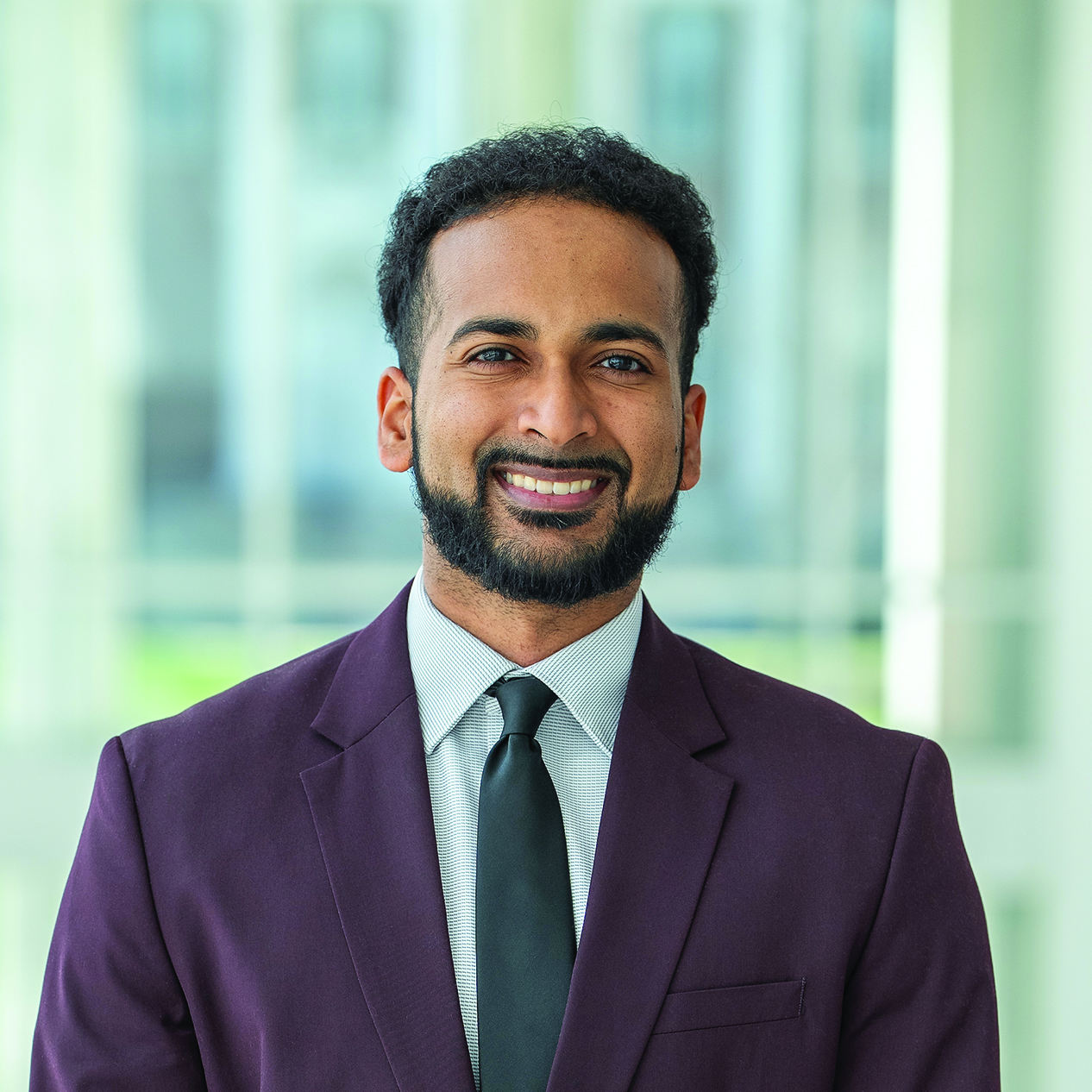
Gabriel Grell graduated with a Ph.D. in astronomy in December 2024. He came to UMD in 2018 as a Graduate School Dean’s Fellow and completed his master’s degree in 2020, after earning bachelor’s degrees in astrophysics and physics from Harvard University.
Grell conducted his research in X-ray astrophysics at NASA’s Goddard Space Flight Center. For his dissertation, he used theoretical models and experimental measurements to further our understanding of astrophysical observations of some of the most powerful, high-energy objects in the universe. His advisors were Astronomy Professor Richard Mushotzky at UMD and Maurice Leutenegger at NASA Goddard.
Grell published two first-author articles in The Astrophysical Journal. For his research, he used atomic physics coding software to model the effect of photoexcitation and resonant Auger destruction in massive stars on the spectral lines of iron, which has one of the most dominant spectral signatures in the X-ray regime.
He also spent a year interning at the Max Planck Institute for Nuclear Physics in Heidelberg, Germany, where he facilitated synchrotron beamline experiments and the assembly of an electron beam ion trap, a device capable of producing and confining particles only found in the hottest plasmas in the universe. Grell is also part of a performance verification team for one of the main targets of the X-Ray Imaging and Spectroscopy Mission (XRISM), a a joint mission between NASA and the Japanese Aerospace Exploration Agency that launched in 2023.
After successfully defending his dissertation in July 2024, Grell achieved his childhood dream of working at NASA’s Goddard Space Flight Center as a NASA Postdoctoral Fellow. There, he is continuing his X-ray astrophysics research. In his free time, he enjoys exercising, playing the saxophone and is a die-hard Baltimore Ravens fan.
Teddy Thomas
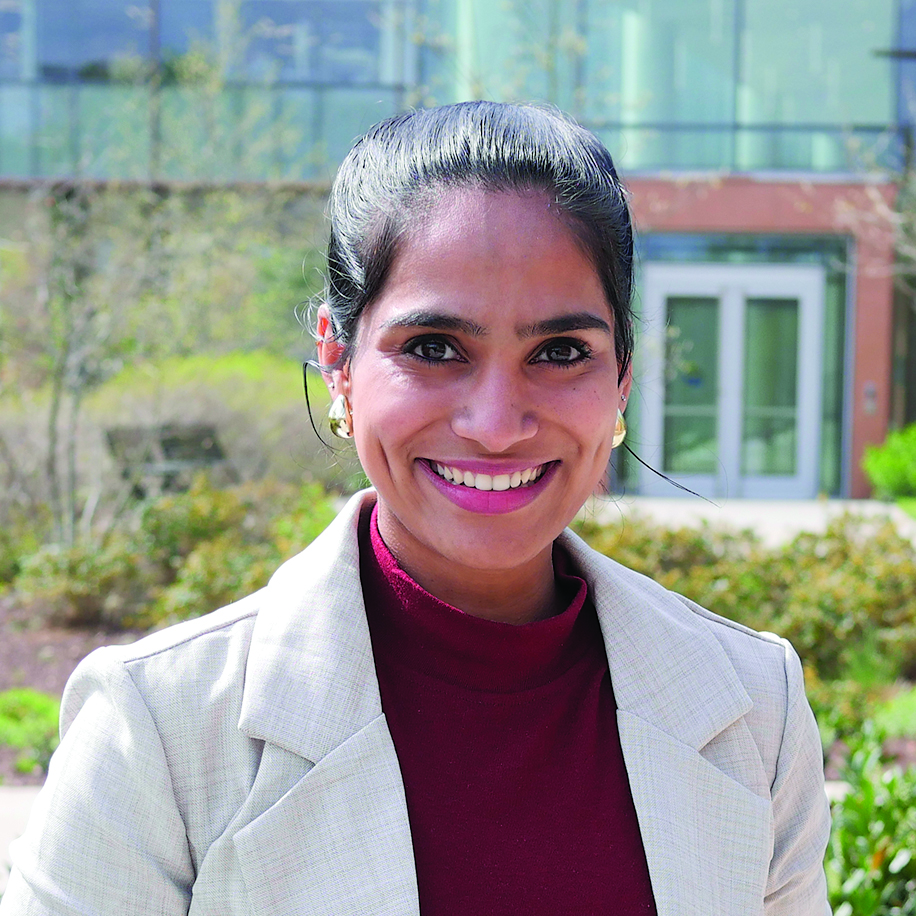
Teddy Thomas will graduate in May 2025 with a Master of Science degree in data science. Through her academic and professional pursuits, she combines her passions for artificial intelligence (AI) and health care to create impactful data-driven solutions that serve global communities.
Working with UMD Biology Professor Michael Cummings, Thomas contributed to advanced research in unsupervised machine learning using wearable sensor data—such as accelerometer and gyroscope readings—to detect movement disorders like Parkinson’s disease. Her work leveraged high-performance computing and parallel processing techniques to accelerate analysis and improve early detection accuracy.
Thomas received the IEEE Young Professionals Research Excellence Award, the IEEE Women in Technology & Leadership Award, and the Pioneer’s Award in Computational Intelligence. As a leader within IEEE, she has served in multiple roles, including Regional Research Activities Coordinator, mentoring aspiring engineers and initiating impactful student chapters.
Thomas’ work at Cognizant Technology Solutions earned her the Cognizant Star Performer Award for her leadership in developing cloud-based clinical data platforms and predictive models for Cigna. She also founded TraceQ, an AI-driven startup focused on health care, finance and automation. She has grown the company to over 200 members and delivers scalable solutions to a global client base. Under her leadership, the company helped clients boost operational efficiency while fostering an inclusive, research-driven environment for women in tech.
Thomas has volunteered for initiatives that include the National Service Scheme in India and led outreach programs to support education and technology access for underprivileged communities. Her leadership and volunteer work reflect her deep commitment to making a positive social impact through technology.





